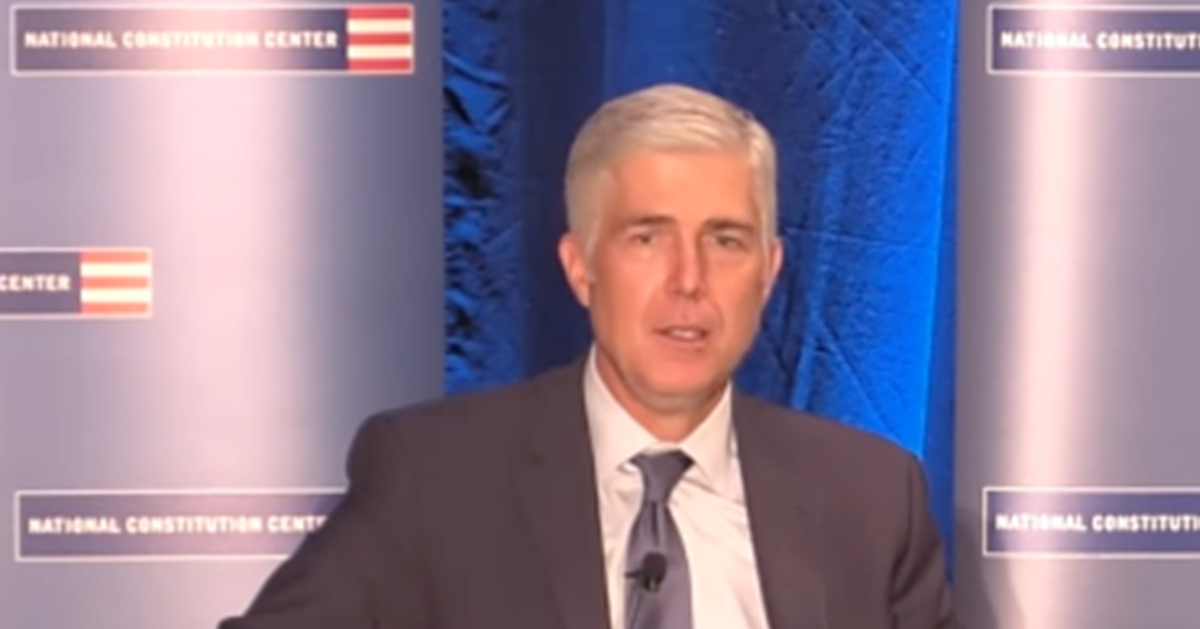Biden Acknowledges Misstep in Naming of Inflation Reduction Act
President Joe Biden admitted on Thursday that the Inflation Reduction Act, a major piece of his administration’s legislative agenda, was not appropriately named.
Speaking at an event in Westby, Wisconsin, Biden explained that while the $700 billion bill focused on combating climate change, it had little effect on lowering inflation and suggested the bill should have been named to reflect its primary goal of addressing environmental issues, as Breitbart reports.
The bill, which passed narrowly in the Senate, has sparked debate over its economic impact and its focus on climate change, despite its title suggesting an emphasis on inflation control.
The Inflation Reduction Act, passed in 2022, included $369 billion allocated to green energy initiatives, making it a cornerstone of the Biden administration’s climate policy. Biden referred to the legislation as “the most significant climate change law ever,” pointing out that its environmental focus should have been emphasized more clearly from the start.
Major Provisions of the Inflation Reduction Act
The Act is a scaled-down version of the earlier, more ambitious Build Back Better Act, which failed to pass. This revised legislation included a variety of provisions beyond climate-related measures, such as allowing Medicare to negotiate drug prices and extending Obamacare subsidies for an additional three years, at a cost of $64 billion.
Biden emphasized the climate components of the law, noting the $369 billion directed toward clean energy projects and climate change mitigation. He stated that this investment makes the Act the largest piece of climate legislation in U.S. history.
Economic Impact Sparks Mixed Reactions
Despite its ambitious goals, the bill has not delivered significant reductions in inflation. The Penn Wharton Budget Model estimated the Act would reduce inflation by just 0.1% over the course of five years. Similarly, the Congressional Budget Office’s (CBO) analysis echoed this finding, suggesting that the Act’s name was misleading.
Financial experts have voiced concerns over the economic aspects of the bill. Larry Fink, CEO of BlackRock, pointed out that controlling inflation will be challenging due to the large amounts of fiscal stimulus tied to various legislative packages, including the Inflation Reduction Act.
“I think two [percent inflation] is a hard number,” Fink said, highlighting the broader economic policies that have contributed to inflationary pressures.
Kudlow Criticizes Lack of Economic Growth Focus
Critics of the Act, including former Director of the National Economic Council Larry Kudlow, have taken issue with its lack of economic growth incentives. Kudlow remarked that the Act contains no provisions aimed at stimulating economic growth, focusing instead on climate and healthcare issues. He expressed concern that the bill’s economic effects could be limited due to this omission.
“There is not one single iota, scintilla, whit, shred or morsel of economic growth incentives in this bill,” Kudlow said, criticizing the absence of tax cuts or incentives that might spur investment and job creation.
Legislative Process Highlights Partisan Divide
The Inflation Reduction Act passed the Senate narrowly, with a 51-50 vote that required Vice President Kamala Harris to cast the tie-breaking vote. The Democrat-controlled House advanced the legislation along party lines, demonstrating the deep partisan divide over its contents. While Democrats praised the bill for addressing urgent environmental and healthcare issues, Republicans argued that it did little to address the country’s immediate economic concerns, such as inflation.
The bill has since been hailed by the Biden administration as a significant achievement in the fight against climate change, despite the mixed reviews it has received regarding its economic impact.
Inflation Remains a Major Concern
Although the Inflation Reduction Act’s primary focus has been climate change, inflation remains a pressing issue in the U.S. economy. In July, the Consumer Price Index rose by 2.9% year-over-year, reflecting ongoing inflationary pressures. Financial experts, including BlackRock’s Fink, have noted that fiscal policies tied to large spending bills like the Inflation Reduction Act contribute to inflation in the broader economy.
Despite these concerns, the Biden administration continues to promote the Act’s long-term benefits for the environment and public health. The Department of Treasury described the Act as “the single most significant legislation to combat climate change in our nation’s history,” emphasizing its role in reducing carbon emissions and investing in renewable energy.
Conclusion
President Biden’s admission that the Inflation Reduction Act was wrongly named has reignited debates over the bill’s focus and effectiveness. While the Act has made significant strides in addressing climate change, its impact on inflation has been limited, drawing criticism from economic experts.
The legislation remains a pivotal part of Biden’s climate agenda, with $369 billion dedicated to green energy initiatives, but its controversial name has overshadowed its primary goals.
Moving forward, discussions will likely continue regarding the balance between climate action and economic growth as the effects of the Act play out over the coming years.



